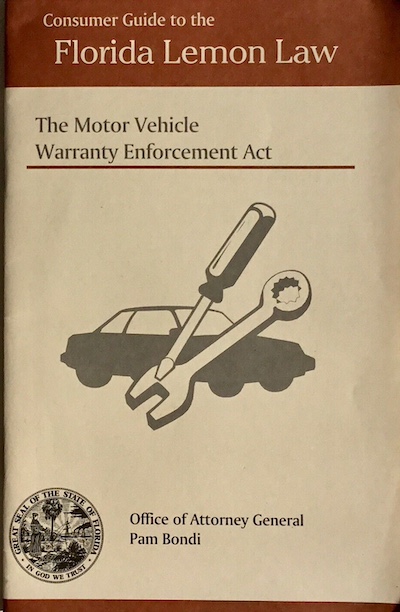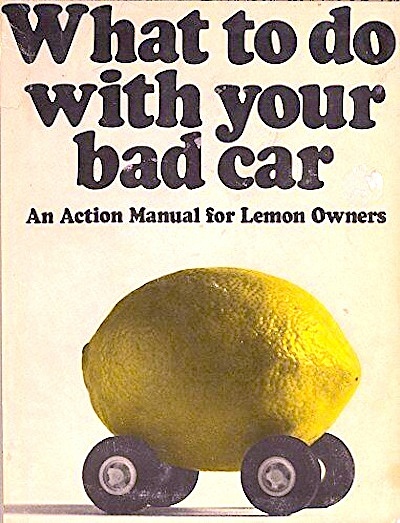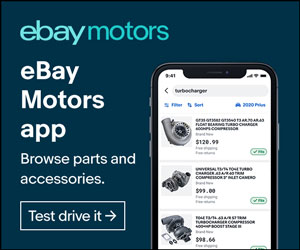Contents
Every state has a different way of determining if a vehicle is a lemon. But the common trait is a vehicle with compromised functions and operations. Critically, these failed functions must substantially affect the vehicle’s use or value—and cannot be fixed or resolved after repeated attempts. Many states only require three or four unsuccessful repair attempts before acknowledging that the car is a lemon.
These rules apply to anything in a car’s drivetrain or safety system. However, they do not relate to relatively insignificant issues like faulty infotainment systems.

In many cases, a dealer will work with the manufacturer to review the facts and make a determination within two to four months. Consider working with a lawyer to assist you with the process. If you’re successful, the manufacturer could pay the lawyer’s fee as part of the resolution. Most lemons are repurchased without a court case.
While an owner might call a car a “lemon” after the purchase, it’s not officially a lemon until the manufacturer accepts responsibility.
Most lemon laws cover a new car purchase for two years or 24,000 miles, regardless of how long a warranty is in effect. If something is critically wrong with a lemon car, it likely occurs during this initial time frame.
Shop now for lemon law booksBuybacks and Offsets
Assuming that the manufacturer acknowledges your claim that a car is a lemon, the manufacturer is typically obligated to take the car back and return the purchase price—minus a deduction for the mileage on the vehicle. If you suspect that your car is a lemon, take action right away before the mileage adds up.
Manufacturers can also offer you another new car of the same make and model. They would still deduct the value of the lemon’s mileage.
The manufacturer might also offer you a price offset called a “cash and keep.” In other words, if the failed repair doesn’t affect safety (and is more of an annoyance), the manufacturer could offer you a lump sum as compensation for the problems—and have you keep the car as is.
Here’s something else that you might try. Occasionally, a dealer will agree to buy a car to satisfy a customer’s complaints, even if the vehicle doesn’t officially qualify as a lemon. Perhaps the car has a surprisingly stiff suspension or is too big for a customer’s garage. Those types of problems don’t qualify the car as a lemon but still might warrant the dealer to return your money. Of course, how much the dealer offers will vary.
Shop now for new carsHow Lemon Status Affects the Title
If the lemon car has a severe problem that is very difficult to repair, the manufacturer might decide to crush the vehicle and cut its losses. However, if the problem is minor, a dealer or carmaker may try to resell the car. Most states place a stamp on the title to clearly indicate that it’s a lemon. Buyer beware.

While the Ford Edsel is a notorious lemon, it was built long before lemon laws were enacted.
The title is generally not altered if a car owner accepts cash and keeps the car as is.
Some states have separate lemon laws for used car purchases. The evaluation period is usually shorter. For example, the time allotted to declare a used car as a lemon in Arizona is 15 days or 500 miles. And the seller get two attempts to fix a critical problem.
Most states apply the lemon law only to licensed dealers. Lemon laws don’t usually apply to people who buy used cars from private parties.
Steps to Take
- As with any business dispute, know your rights and document your actions and correspondence.
- Contact your state’s attorney general and its consumer rights division. They can direct you to the appropriate state laws regarding lemon cars.
- Take pictures of the perceived issues. Consider making a video recording to show the problem in action.
- Keep copies of all repair orders and notes made by the service staff.
- Ask the service manager if your vehicle is part of a technical service bulletin. Manufacturers often send legal notices about repairs needed to resolve issues on a large number of cars.
- Check out websites dedicated to your specific car and its owners. Frequently, you can discover owners experiencing the same repair challenges and how they got remedied.







